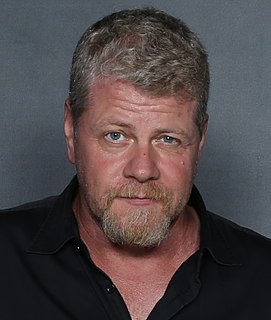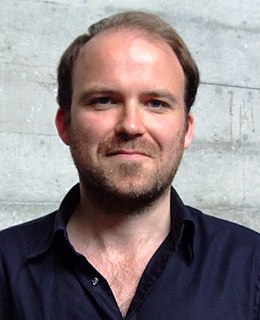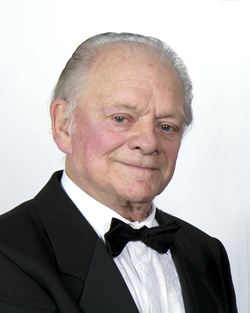A Quote by Ken Loach
My father worked in a factory and as a child it felt very secure. It felt very secure because everybody had work, the schools were free, so there was a security of knowing that the war had finished and families would come together again.
Related Quotes
As for me: I loyally remained right where I was, remembering the very first I had ever seen the boy and then just now, the very last time-and all the times in between. The deep aching grief I knew I would feel would come soon enough, but at that moment mostly what I felt was peace, secure in the knowledge that by living my life the way I had, everything had come down to this moment. I had fulfilled my purpose.
I felt very maternal around eight months. And I thought I couldn't become any more until I saw the baby... But it happened during my labor because I had a very strong connection with my child. I felt like when I was having contractions, I envisioned my child pushing through a very heavy door. And I imagined this tiny infant doing all the work, so I couldn't think about my own pain... We were talking. I know it sounds crazy, but I felt a communication.
Once I've properly finished a book, my ideal state of being would be to never think about it again. But with 'Capital,' I felt I'd spent so much time with the characters that they were very, very real, and I definitely had a sense of loss about leaving them behind in a way I've not quite had before.
I encountered producers who wanted to hang out after we worked, and when I refused, they wouldn't let me come back and work again... I would've have way more opportunities if I had succumbed. But it never felt right. I always felt like I was going to be successful, and I didn't want to compromise my morals.
When I started acting, I had a really strong discipline of knowing that you had to be on time, knowing that you had to work 12 to 16 hours a day, knowing you had to be prepared, knowing you had to be ready, and it's very interesting because if you're an artist and you're creating, you can work very, very long hours but as you're putting out that love of creation, it's almost like you're charged by it, you're charged by the process of it.
I lived in a little working-class town that had no black neighborhoods at all - one high school. We all played together. Everybody was either somebody from the South or an immigrant from East Europe or from Mexico. And there was one church, and there were four elementary schools. And we were all, pretty much until the end of the war, very, very poor.
For the first time in a long time I thought about Maman. I felt as if I understood why at the end of her life she had taken a 'fiancé,' why she had played at beginning again. Even there, in that home where lives were fading out, evening was a kind of wistful respite. So close to death, Maman must have felt free then and ready to live it all again. Nobody, nobody had the right to cry over her. And I felt ready to live it all again too.






































